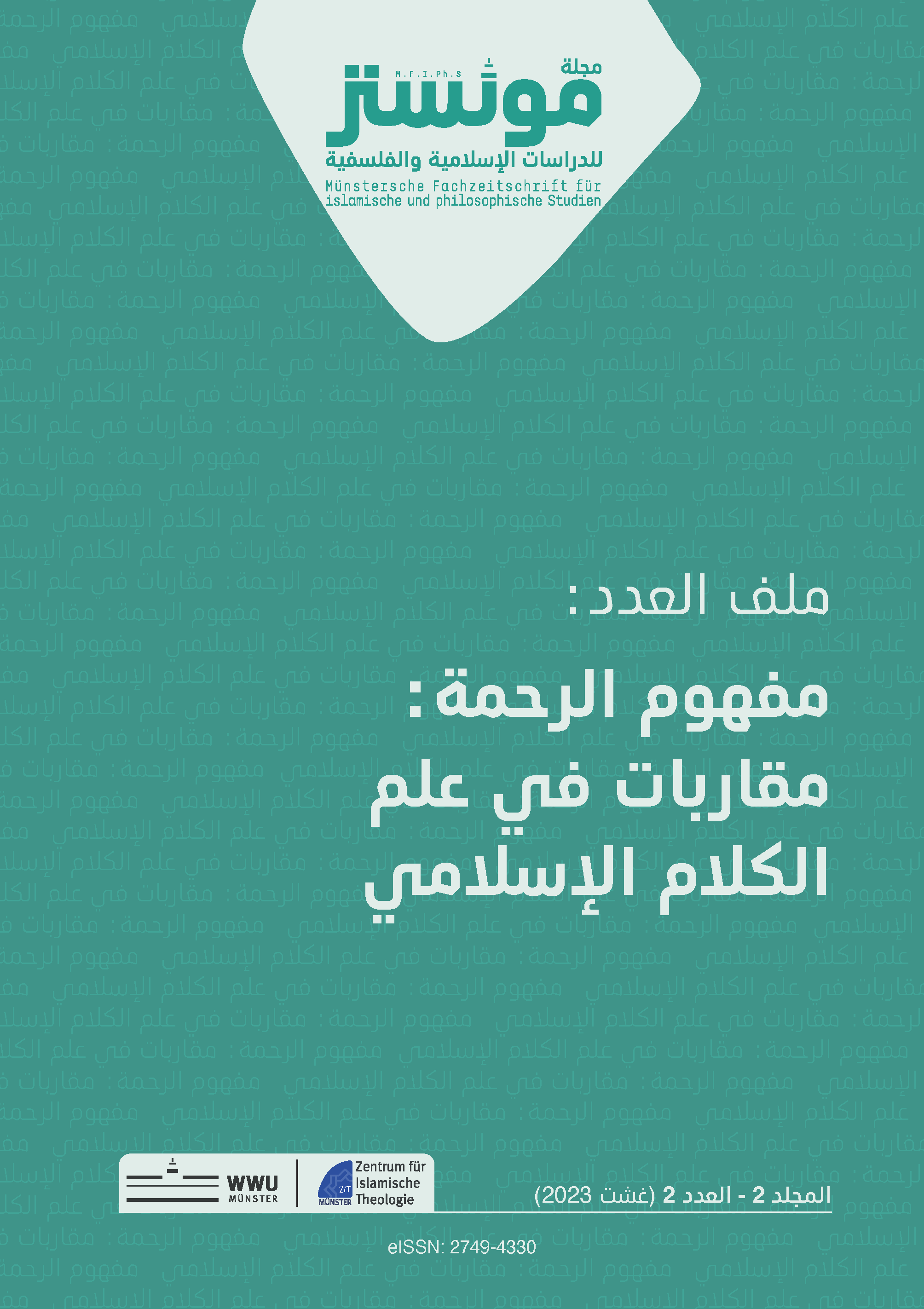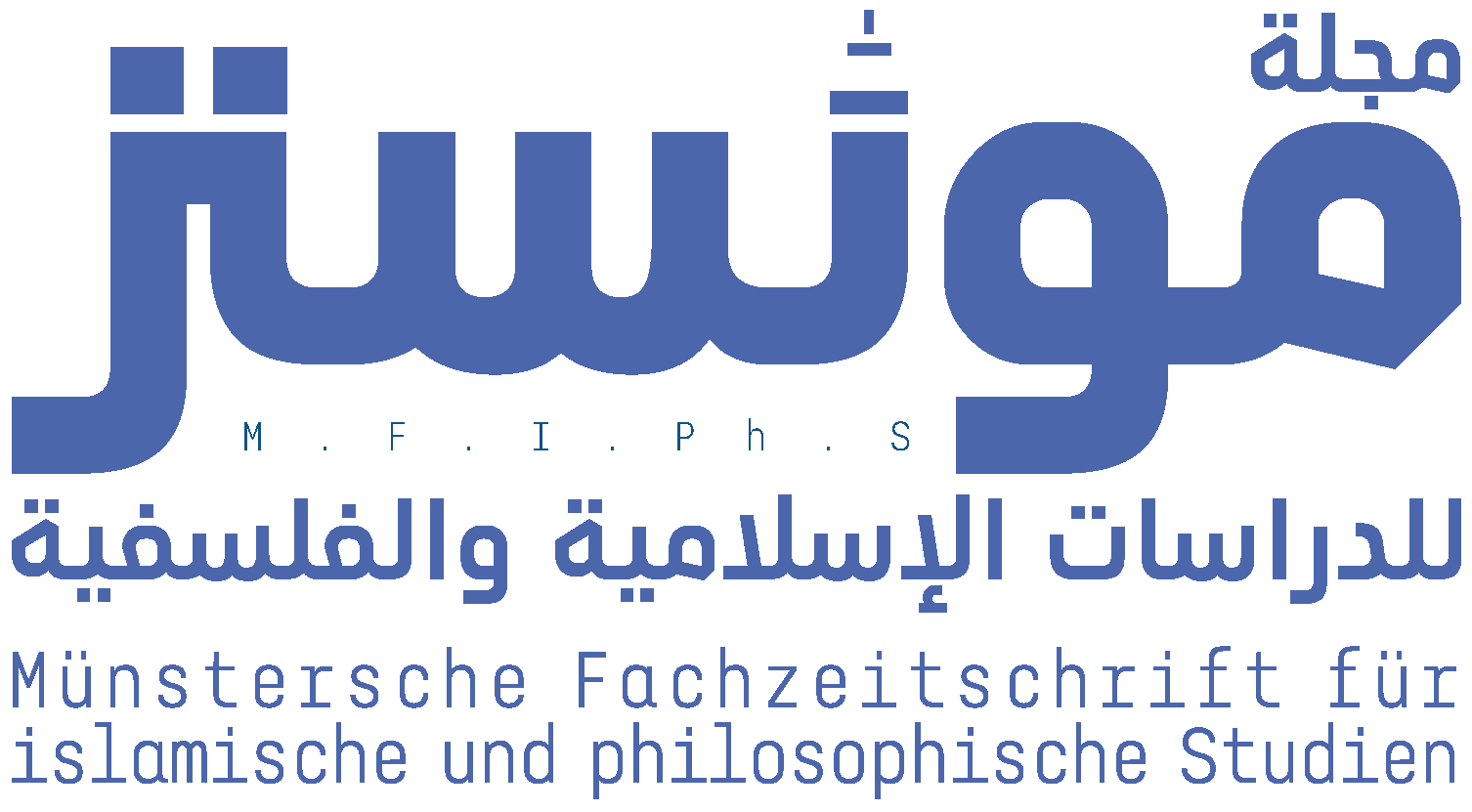The Mercy of God according to the Mu‘tazila during the 11th/5th and 12th/6th centuries
Concept, foundations and some modern dimensions
DOI:
https://doi.org/10.17879/mjiphs-2023-5015Keywords:
The Mercy of God, Mu‘tazila, Islamic theology, Muhammad AbduhAbstract
As an Islamic theological idiom, «The Mercy of God» has a number of significant theological contexts, some of which are framed by the natural and existential visions that Islamic theologians have set within a unified intellectual system. This article aims to study the idiom «The Mercy of God» through a historical and analytical approach that focuses on the Mu‘tazila of Basra during the 11th and 12th centuries CE. Although the idiom initially refers to a marginal discussion, it remains linked to a network of terms dealing with fundamental theological issues among Mu‘tazilite traditions during the period under study. The article also examines the extent to which some modern reformers, such as Muhammad Abduh (d. 1905), represent this concept, which did not seem entirely clear in his most important work Risālat al-Tawḥīd, but which, in turn, was oriented with indications that religions in general, and Islam in particular, are a divine mercy.





